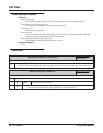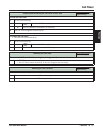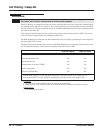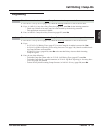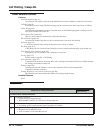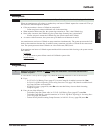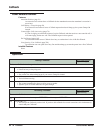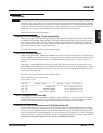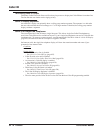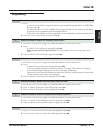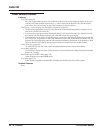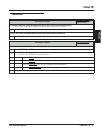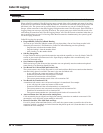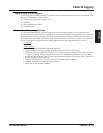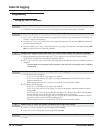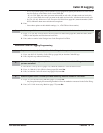
Caller ID
64 ◆ Features DSX Software Manual
Third Party Caller ID Check
Third Party Caller ID Check allows an idle or busy keyset user to display the Caller ID data for another line.
The line that the user checks can be ringing or busy.
Caller ID Display Separator
An extension’s display can optionally show a calling party number separator. The separator is a dash after
the area code and after the local exchange on a 7 or 10 digit number. If disabled, the calling party number
displays without a separator.
Caller ID to Single Line Telephones
The system provides Caller ID data to single line ports. This allows single line Caller ID telephones to
receive the Caller ID data also available at keysets. Up to 8 single line telephones can receive Caller ID data
simultaneously. (To conserve system resources, consider turning off Caller ID in 1404-01: Caller ID Display
(page 638) for extensions that do not require or support Caller ID.)
On Intercom calls, the single line telephone display will show the extension number and name (if pro-
grammed) of the internal caller.
Conditions
• None
Default Setting
• Caller ID for each a line is disabled.
- See 3121-01: Caller ID Type (page 825).
• Caller ID with voice mail is enabled.
- See 3131-01: Pass Caller ID to Voice Mail (page 828).
• An extension’s Caller ID display is enabled.
- See 1404-01: Caller ID Display (page 638).
• Second Call Caller ID is enabled.
- See 1404-02: Second Call Caller ID (page 638).
• Third Party Caller ID Check is disabled.
- See 1404-03: Third Party Caller ID (page 638).
• The Caller ID Display Separator is disabled.
- See 1404-04: Caller ID Display Separator (page 639).
• The telco must provide Caller ID service for each line that has Caller ID programming enabled.



